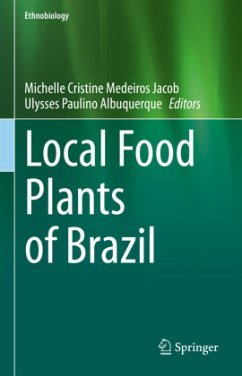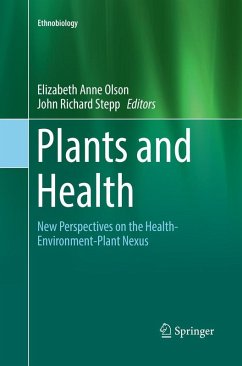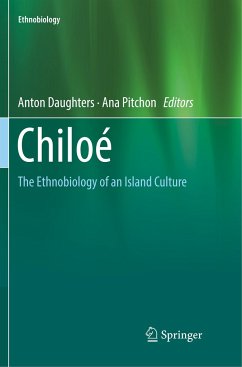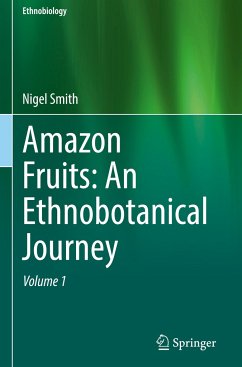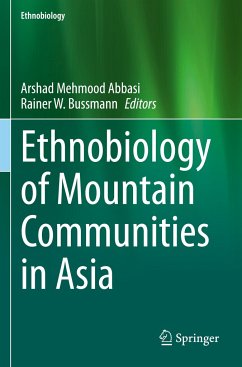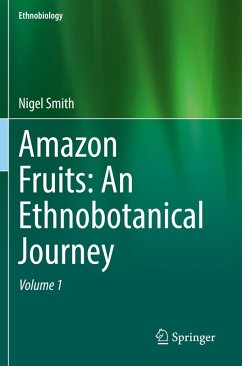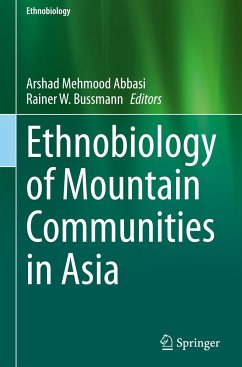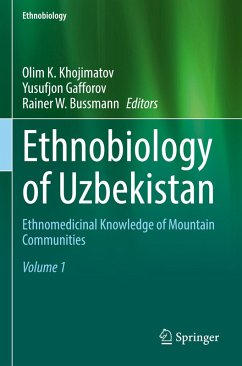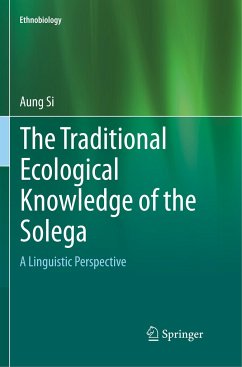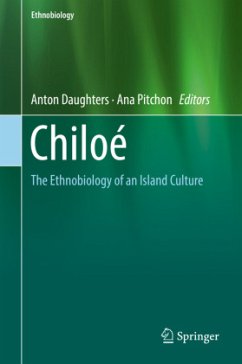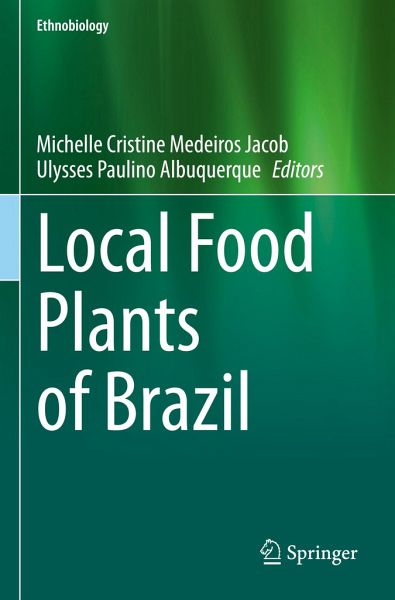
Local Food Plants of Brazil
Versandkostenfrei!
Versandfertig in 6-10 Tagen
129,99 €
inkl. MwSt.

PAYBACK Punkte
65 °P sammeln!
There has been growing academic interest in local food plants. This is a subject that lies at the frontiers of knowledge of various areas, such as environmental sciences, nutrition, public health, and humanities. To date, however, we do not have a book bringing these multi-disciplinary perspectives to bear on this complex field. This book presents the current state of knowledge on local Brazilian food plants through a multidisciplinary approach, including an overview of food plants in Brazil, as well as comprehensive nutritional data. It compiles basic theories on the interrelationship between...
There has been growing academic interest in local food plants. This is a subject that lies at the frontiers of knowledge of various areas, such as environmental sciences, nutrition, public health, and humanities. To date, however, we do not have a book bringing these multi-disciplinary perspectives to bear on this complex field.
This book presents the current state of knowledge on local Brazilian food plants through a multidisciplinary approach, including an overview of food plants in Brazil, as well as comprehensive nutritional data. It compiles basic theories on the interrelationship between biodiversity and food and nutrition security, as well as ethnobotanical knowledge of local Brazilian food plants. Additionally, this title provides various methods of learning and teaching the subject, including through social media, artificial intelligence, and through workshops, among others.
This book presents the current state of knowledge on local Brazilian food plants through a multidisciplinary approach, including an overview of food plants in Brazil, as well as comprehensive nutritional data. It compiles basic theories on the interrelationship between biodiversity and food and nutrition security, as well as ethnobotanical knowledge of local Brazilian food plants. Additionally, this title provides various methods of learning and teaching the subject, including through social media, artificial intelligence, and through workshops, among others.



